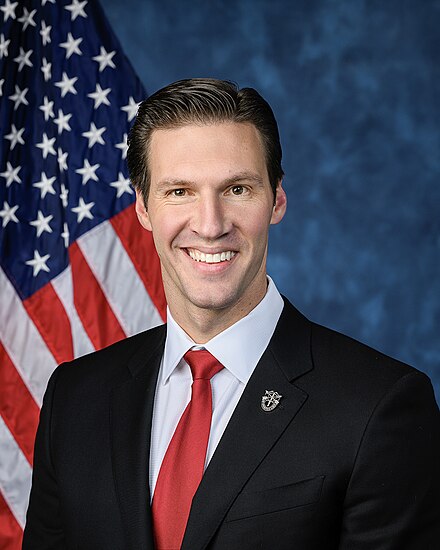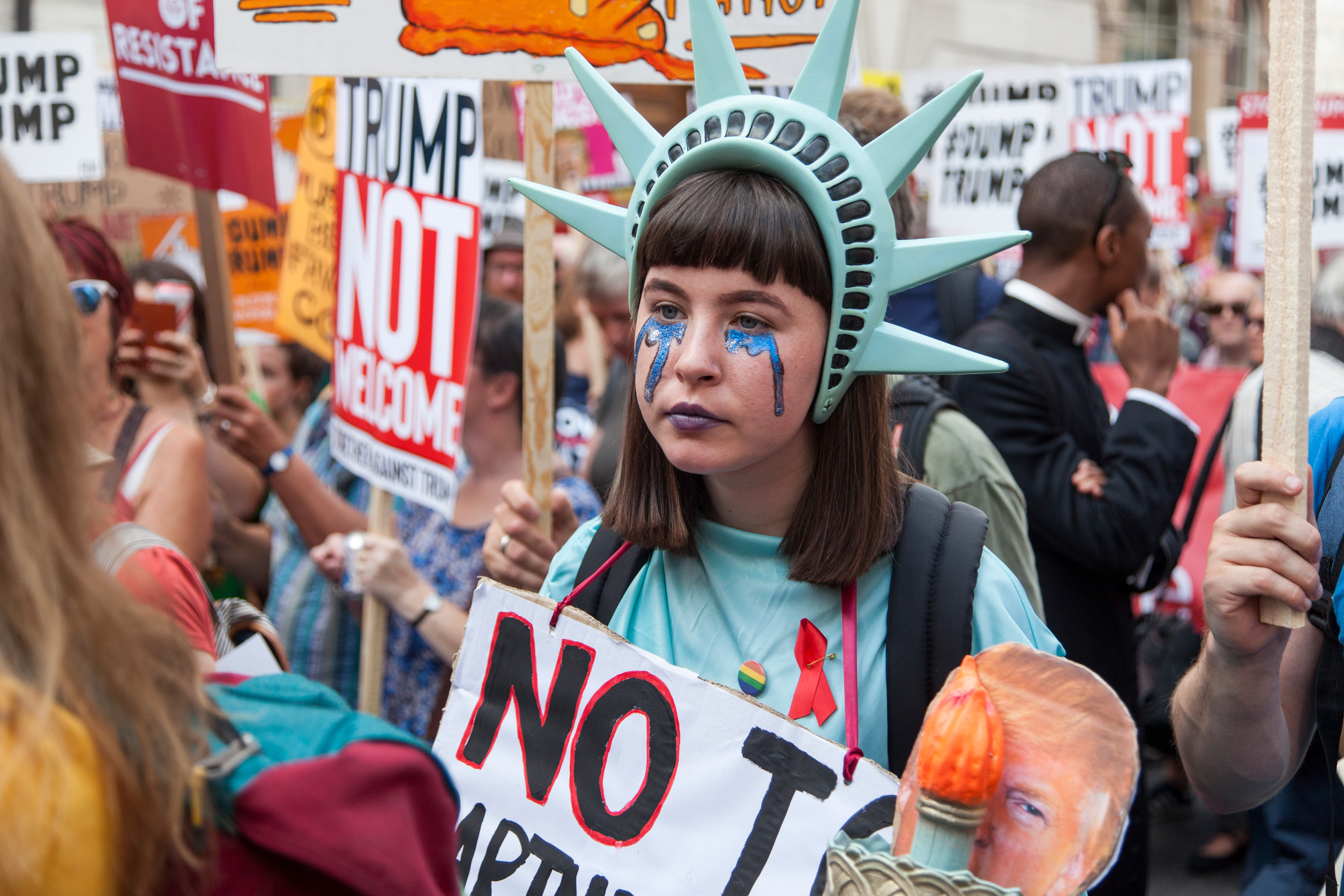Risk-Aversion in Theory & Practice from World War I through the Cold War
Normally, it is wise to assiduously avoid setting off a tripwire. Never have I heard of a tripwire that activates any kind of reward. Instead, in that short interval after snapping a tripwire, a person has every reason to expect to experience some form of doom.
America’s commitment to the ongoing independence of the Republic of Taiwan is no exception. Our decisions, when faced with a Chinese Communist invasion of that island nation, could spark nothing less than a worldwide nuclear Armageddon.
Logic would seem to indicate that survival required prudence. A prudent person would avoid tripping such a wire at all costs.
In this case, however, a prudent person would be wrong! When have human interactions ever been logical?
The Romans understood that, if one wants peace then one must prepare for war. Christians understand the concept of losing life in order to save life. Anyone who has ever been in a fistfight knows that the price of inflicting pain on an opponent is willingly accepting it in one’s own fists.
Risk is the inescapable companion of every single adult. Children should experience the illusion of safety, security, and stability; the impression that everything important is under Mommy and Daddy’s control.
Adults know better. The three great wars of the 20th Century are only the latest cases that exemplify the inevitable wages of excessive risk-aversion in foreign and military policy.
From 1914 through 1917, President Woodrow Wilson dithered about entering the First World War. The people of the United States were reasonably reluctant to risk American blood and treasure in yet another in a series of seemingly endless European wars. Precisely who from the US would want to die for Verdun, somewhere in France?
Wilson was risk-averse. The European combatants were so evenly balanced that the outcome of the war teetered on a razor’s edge for over four years.
During this tortuous bloodletting, a modern Pandora’s Box of miseries were opened. Trench Warfare, Chemical Warfare, Unrestricted Urban Aerial Bombing, Unrestricted Submarine Warfare, Soviet Communism, Arab Nationalism, the Arab-Israeli Crisis, the seeds of Totalitarianism in Italy and Germany, and the destruction of Western Civilization’s self-assurance all resulted.
Had Theodore Roosevelt won the 1912 Presidential election, it is likely that an early American intervention might have led to Allied victory in 1916, much as it did when the weight of American troops began to be felt on the Western Front in the summer of 1918.
Since every one of those horrors listed above fully matured in 1917, what could our world have avoided if the US had declared war earlier? How many millions of lives could have been saved, both in a truncated Great War and in the two subsequent wars that flowed directly from the outcome of our World War I?
The National Socialist rise to power in Germany was one direct result of World War I. In September 1938, this German regime was demanding the Czech Sudetenland. An unwilling world began to gird itself for war, seemingly because of one man’s ambition.
Adolf Hitler refused to compromise his vision of a Greater Germany that encompassed all of Europe’s Germans, including the Sudeten Germans. France and Britain had explicitly firm treaty obligations to guarantee Czechoslovakia’s borders. War seemed inevitable.
Britain’s Prime Minister, Neville Chamberlain, determined at any cost to personally thwart this seemingly inescapable destiny of war. In a series of personal negotiations culminating in the Munich Conference, Chamberlain appeased the Fuehrer’s demands.
The Czech’s national existence had become a blood-rite sacrifice on the altar of peace-at-any-price. In return for Hitler’s promise that the Sudetenland would be his last territorial demand in Europe, and that Germany would leave the remaining Czech lands in peace, Chamberlain abandoned allies who had every legal and moral reason to have depended upon British and French support in the case of a Nazi attack. Chamberlain was hailed as the proverbial blessed peacemaker.
Yet, war was not averted. It was merely delayed for a year. During that year, the anti-Hitler alliances dissolved. Germany’s air power, tank power, manpower, and economic power grew.
In 1938, Blitzkrieg had not as yet been developed. The Luftwaffe had not matured. There were few U-Boats. The Siegfried Line defenses were not yet ready. Germany’s war industries had not yet hit their full stride.
German armies would likely have battered themselves against the Czech’s mountain defenses while Britain, France, and possibly also Poland and even the Soviet Union could have come to Czechoslovakia’s aid. Instead of the World War II we experienced, Hitler’s Sudeten gamble might have resulted in defeat after a relatively brief and limited Central European conflict.
As with Wilson, Chamberlain’s risk-aversion seemed to be both prudently logical and widely popular. Both also unintentionally condemned the peoples of the world to its bloodiest wars.
From 1939 – 1945, every industrial nation except for the US was literally bombed back to the Stone Age. Total War consumed civilians even more readily than combatants. Genocide was perpetrated on an unprecedented scale. The sanguinary legacy of fire-bombs, Atom Bombs, and Zyklon-B gas became mere footnotes in this global catastrophe.
The next 45 years constituted a third worldwide conflict between the US and the USSR, which providentially remained a Cold War. Throughout this long, twilight struggle leaders in both Washington and Moscow continually tested each other’s resolve. The Soviets wanted every victory that they could achieve, short of a full scale war with the US.
Covert operations destabilized governments behind the Iron Curtain, in Iran, Hungary, Czechoslovakia, and El Salvador. Standoffs that could have lit the nuclear fuse played out twice in Berlin and also in Cuba. Proxy wars were fought in China, Korea, Viet-Nam, Laos, Cambodia, Angola, Zimbabwe, Nicaragua, and Afghanistan.
By 1947, the US had succeeded Britain as global hegemon, the world’s dominant power. The rickety Third World was born from the precipitous withdrawal of Europe from its empires. Arguably, we Americans lost our innocence by becoming, as hegemon, the “world’s policeman”. Our reward was the collapse of the Soviet empire and victory in the Cold War in the early 1990s.
All of this depended upon Presidents from Truman through the first Bush, supported by a critical mass of US citizens, being willing to risk war to preserve the peace. Had we been prudent and logical, we would have avoided even the slightest possibility of conflict with the Soviets.
In doing so, we would have allowed Germany and Japan, along with all of those other places listed above, to be absorbed by Totalitarian Communism. Under such craven policies, could an invertebrate America have ever fended off the Reds? Every human being would now be a slave under Communism.





